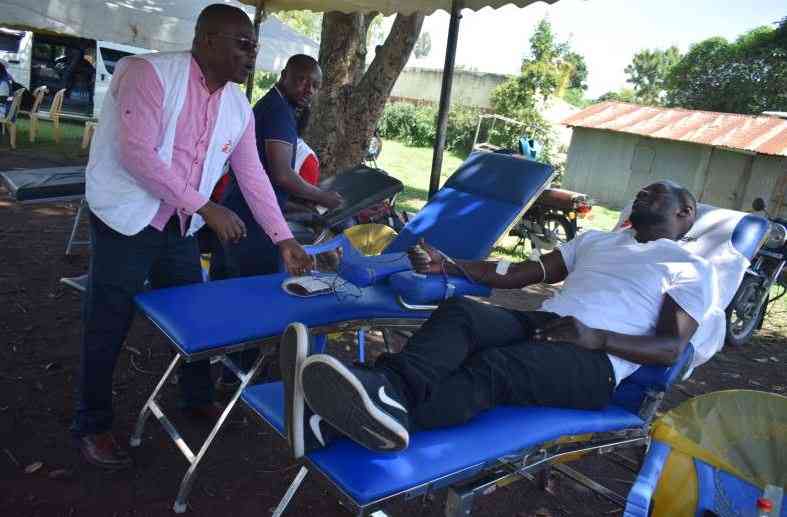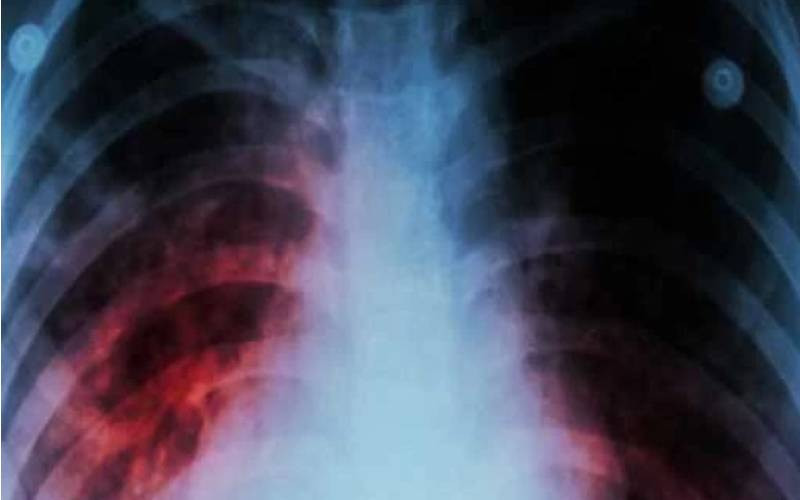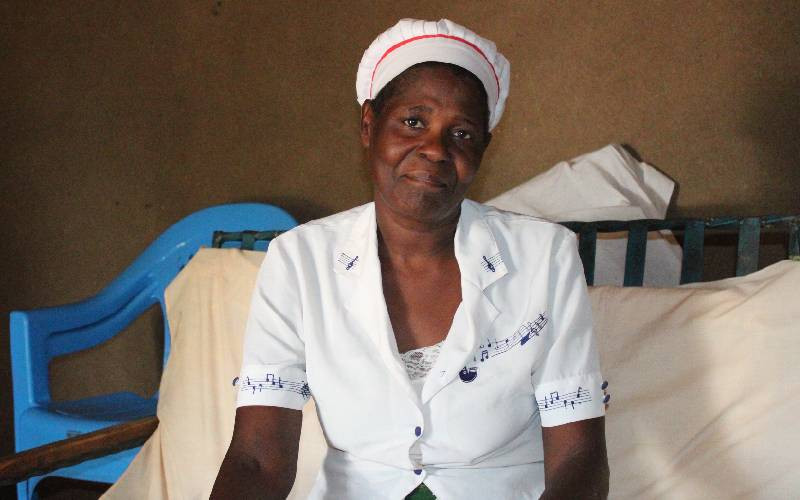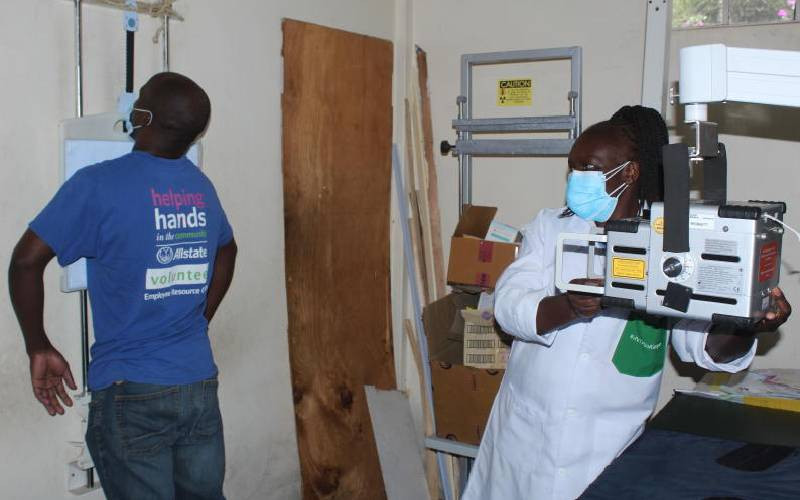
The World Health Organisation (WHO) has warned that the global fight against non-communicable diseases (NCDs) is slowing, with potentially severe consequences if action is not accelerated.
In a report released this week, WHO noted that although many countries made gains between 2010 and 2019, “the rate of progress has slowed significantly across most regions, with some countries even experiencing a resurgence in NCD-related deaths.”
NCDs, including heart disease, cancer, chronic respiratory diseases, diabetes and mental health conditions, account for about 43 million deaths globally each year of which, 18 million are people under 70.
Millions more live with chronic illness, reducing life expectancy and economic productivity.
“Noncommunicable diseases and mental health conditions are silent killers, robbing us of lives and innovation. Yet the solutions are known, affordable and cost-effective,” said WHO Director-General Tedros Ghebreyesus.
According to the report titled "Saving Lives, Spending Less", scaling up cost-effective measures such as taxation on tobacco and alcohol, restrictions on harmful marketing to children and better management of hypertension would cost governments just $3 per person per year.
Full implementation could save 12 million lives, prevent 28 million heart attacks and strokes, add 150 million healthy life years and generate more than one trillion US dollars in benefits by 2030.
Dr Etienne Krug, WHO’s Director of Health Determinants, Promotion and Prevention, said, “It is unacceptable that commercial interests are profiting from increasing deaths and disease.” [Ryan Kerubo]
- Break the silence: Normalise hearing health care
- Snakebites still a major public health concern in Kenya
- WHO report reveals progress in tobacco war but gaps remain
- Unmasking the pain behind men's mental health
Keep Reading
Kenya is already experiencing the impact of this global slowdown.
According to the Ministry of Health, NCDs were responsible for 39 per cent of deaths in 2020, up from 27 per cent in 2014.
Alarmingly, more than half of these deaths occurred among people aged 40 years or below.
The government has acknowledged the growing challenge. In 2021, it launched the National Strategic Plan for Prevention and Control of Non-Communicable Diseases 2021–2026, focusing on reducing risk factors such as unhealthy diets, tobacco use, harmful alcohol consumption and physical inactivity.
The plan also seeks to improve screening, treatment and surveillance.
Overweight and obesity are also on the rise. A recent survey found that 45 per cent of Kenyan women and 19 per cent of men are overweight or obese, driven by changing diets and sedentary lifestyles.
Health experts warn that without urgent preventive action, the country’s health system will face growing strain.
WHO stresses that cost-effective interventions could not only save lives but also reduce health costs and strengthen economies.
“An additional investment of just 3 US dollars per person annually in tackling NCDs could yield economic benefits of up to 1 trillion US dollars by 2030,” the report notes.
The challenge lies in turning strategy into action for Kenya. While policies are in place, implementation is uneven, especially in rural and low-income areas where access to early diagnosis and treatment is limited.
 The Standard Group Plc is a multi-media organization with investments in media
platforms spanning newspaper print
operations, television, radio broadcasting, digital and online services. The
Standard Group is recognized as a
leading multi-media house in Kenya with a key influence in matters of national
and international interest.
The Standard Group Plc is a multi-media organization with investments in media
platforms spanning newspaper print
operations, television, radio broadcasting, digital and online services. The
Standard Group is recognized as a
leading multi-media house in Kenya with a key influence in matters of national
and international interest.











